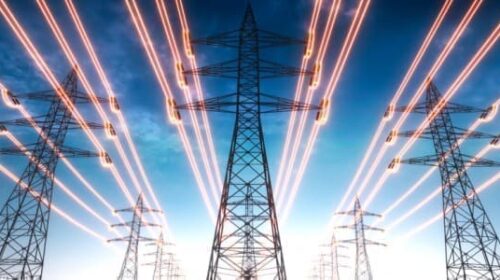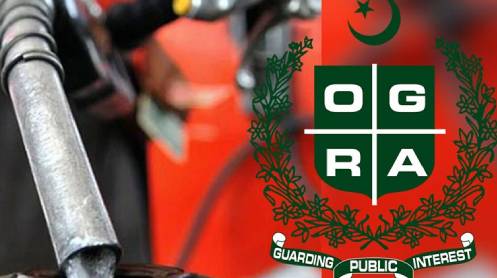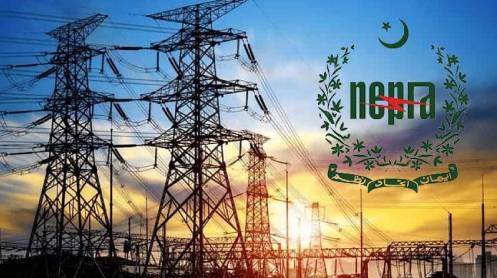There is another electric shock in the offing for the consumers as power firms have sought an increase in tariff by Rs7.96 per unit on account of fuel price adjustment for month of May 2022.
The Central Power Purchasing Agency (CPPA) has filed an application on behalf of power companies, pleading the power sector regulator to allow increase in electricity rates due to use of expensive fuel in power generation.
The total cost of power generation from various sources stood at Rs13.8969 per unit during the month of May 2022 against reference fuel cost of Rs5.93 per unit, registering an increase of Rs7.96 per unit.
As per the legal requirements, the National Electric Power Regulatory Authority (Nepra) has called a public hearing over the matter on June 27, and all institutions concerned and citizens have been invited at the hearing to present their point of view mainly against the CPPA demands.
But traditionally, the CPPA’s demands regarding fuel price adjustments were accepted by the regulator, as it was difficult to prove that the high cost of fuel was due to any CPPA negligence or mismanagement.
The application filed by the CPPA has highlighted that the most expensive electricity was generated from furnace oil at the rate of Rs33.67 per unit, and the cost of power generated through diesel (HSD) was Rs30.09 per unit.
While, furnace oil and HSD collectively accounted to only 8.99 per cent of the total electricity produced in the country, but the high cost of generation through RLNG pushed the overall rate upwards in the power basket.
The cost of electricity obtained from re-gasified liquefied natural gas (RLNG) was Rs27.92 per unit and it contributed to 22.89 per cent of electricity produced in the country.
In contrast the cost of power produced from coal was Rs18.01 per unit, but only 13.77 per cent of the total electricity produced in the month of May was generated from coal.
Whereas, the cheapest source of electricity in country in the month was from nuclear power plants at the rate of Rs1.05 per unit, providing almost 13 per cent net consumption.
In the month, Pakistan imported a very small amount of electricity from Iran mainly for bordering areas of Balochistan at a cost of Rs18.95 per unit, and limited percentage of power was generated by the captive power plants of sugar mills at Rs5.98 per unit.
The CPPA also informed Nepra that there was no power generation from hydel, wind and solar sources in May, due to negligible outflow from the dams and unfavourable weather conditions.
The consumers had recently faced massive hike in prices of petroleum products. The base tariff of electricity had also been increased by the coalition government from Rs16 to Rs24 per unit.
In addition to the base tariff increase, the hike in electricity tariff on account of fuel adjustment would push electricity bills higher in the coming month of July 2022.
Due to higher increase in energy prices, the cost of doing business in Pakistan would jump up and also lead to higher inflationary rates.
The increase in power tariff would also hit the economic growth of the country due to higher cost of doing business.
Meanwhile, Ghiyas Abdullah Paracha, the group leader of All Pakistan CNG Association (APCNGA), in a statement slammed the policymakers for not allowing the private sector to import LNG.
Paracha said that the CNG sector was the only sector that could import LNG for its own consumption and with the option of having long-term contracts, the sector could import LNG at cheaper rates, which could be supplied for power generation too.





